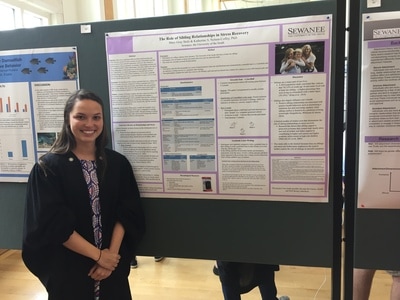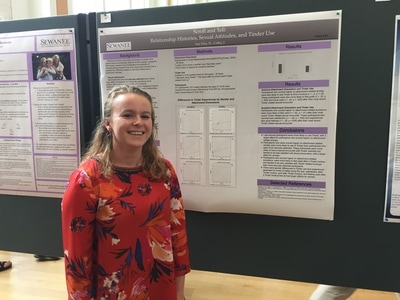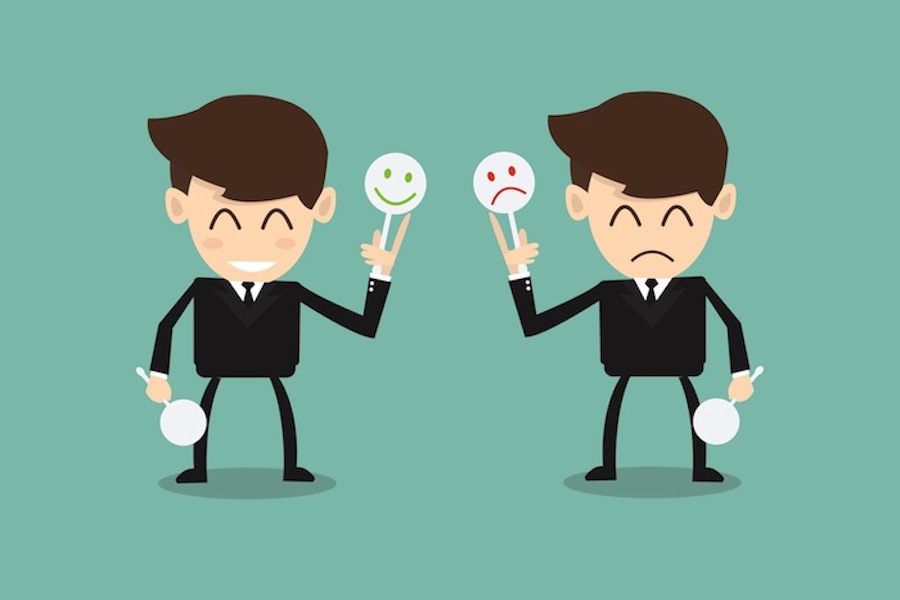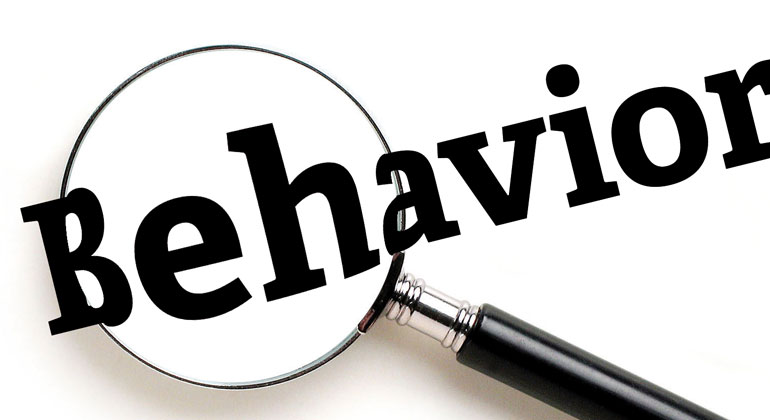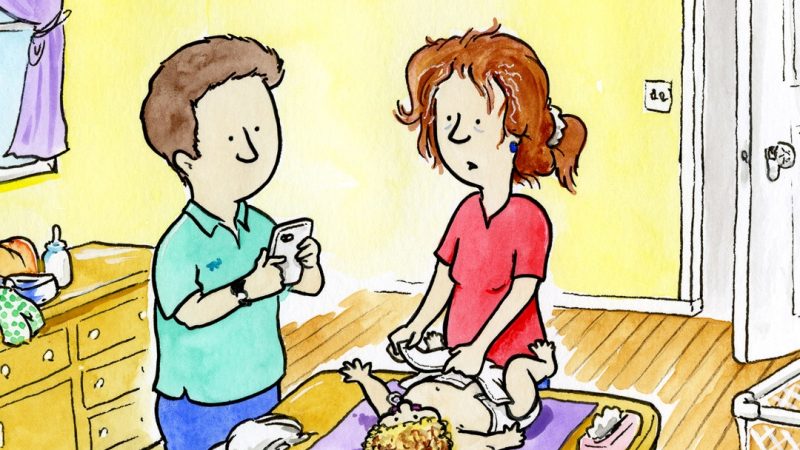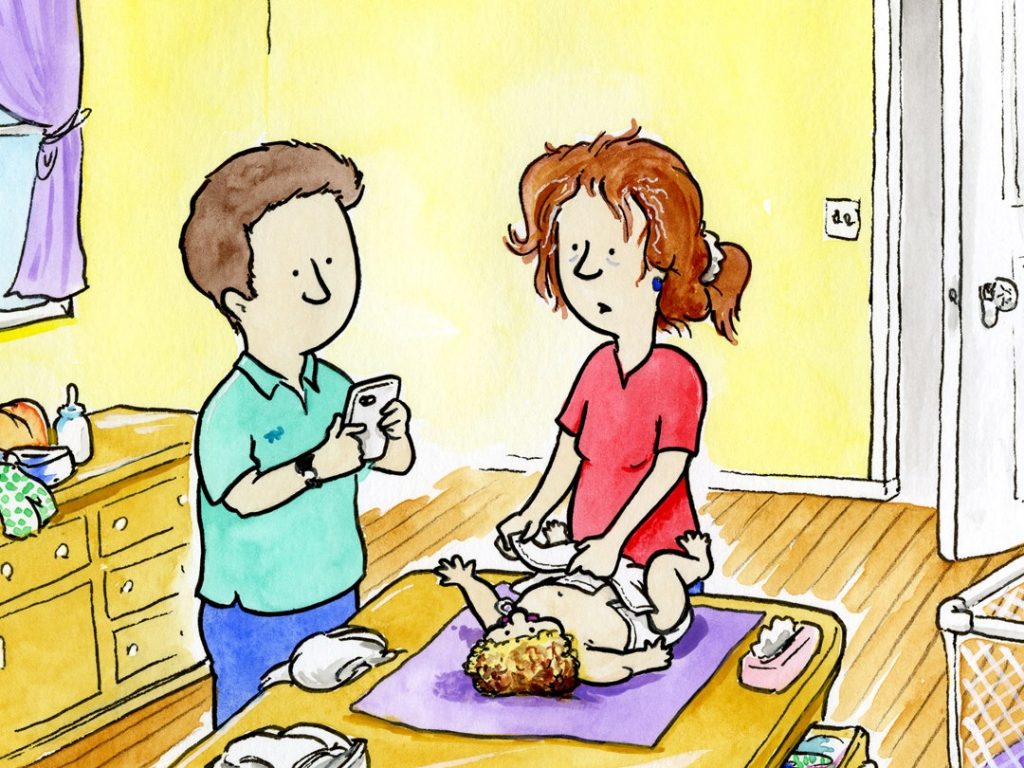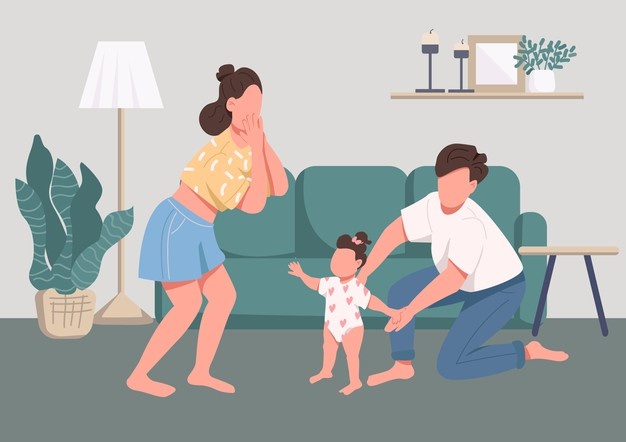Parenthood & Well-Being – For years, scholarly and media accounts painted a dismal picture of parenting.
My work, however, suggests that happiness and parenthood can indeed coexist, but also that the link between parenthood and well-being is incredibly complex.
Do mothers and fathers–young and old, single and married, rich and poor–share similar parenting experiences?
How and why do their differences relate to their well-being?
I propose that parenthood is associated with greater well-being to the extent that it provides opportunities to pursue meaningful goals and enhanced life purpose, greater fulfillment of human needs, more positive emotions, and enhanced social roles.
By contrast, I propose that parenthood is associated with lower well-being when it leads to subsequently greater negative emotions, financial stress, sleep disturbance and fatigue, and strained partner relationships.
Selected Publications:
- Nelson, S. K., Kushlev, K., English, T., Dunn, E. W., & Lyubomirsky, S. (2013). In defense of parenthood: Children are associated with more joy than misery. Psychological Science, 24, 3-10.
- Nelson, S. K., Kushlev, K., & Lyubomirsky, S. (2014). The pains and pleasures of parenthood: When, why, and how is parenthood associated with more or less well-being? Psychological Bulletin, 140, 846-895.
…
